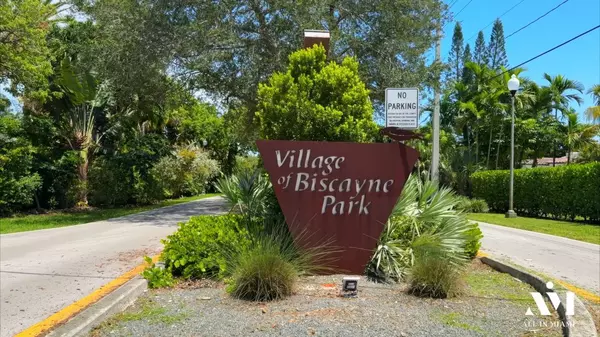What’s the Difference Between a Condominium and a Condominium Association in Florida?


If you’re buying or living in a Florida condo, it’s essential to understand the legal difference between a condominium and the association that governs it. These two terms are often used interchangeably, but under Florida Statute Chapter 718, known as the Florida Condominium Act, they mean very different things.
Let’s break it down.
What Is a Condominium in Florida?
According to Section 718.103(11) of the Florida Statutes, a condominium is:
“That form of ownership of real property created under this chapter is comprised entirely of units that one or more persons may own, and in which there is, appurtenant to each unit, an undivided share in common elements.”
In simpler terms, a condominium is a type of property ownership, not a building style. When you buy a condo unit, you own:
-
Your unit (your individual space)
-
A share in the common elements (shared parts of the building, like the lobby, pool, roof, and parking lots)
What Is a Condominium Association?
Per Section 718.103(2), a condominium association is:
“The entity responsible for the operation of a condominium.”
This is typically a nonprofit corporation made up of unit owners that is legally created when the condo is developed. Its primary job is to manage, maintain, and operate the condo's common elements on behalf of the unit owners.
The association is responsible for:
-
Collecting dues and special assessments
-
Maintaining common areas
-
Enforcing rules and regulations
-
Running board elections and meetings
-
Maintaining insurance and financial records
Every owner automatically becomes a member of the condo association when they buy a unit. You can’t opt out.
Key Differences Between a Condo and Its Association
|
Feature |
Condominium |
Condominium Association |
|
What it is |
A form of real estate ownership |
A governing body (usually a nonprofit) |
|
Created by |
Declaration of Condominium |
Articles of Incorporation |
|
Who controls it |
The individual unit owners (for their own units) |
The board of directors, elected by unit owners |
|
Owns what |
Individual units + share of common elements |
Usually owns no individual units, but manages the property |
Why This Matters to Condo Buyers and Owners
If you’re:
-
Buying a condo, understand that you’re becoming part of a shared ownership structure and governed by rules set by the association.
-
Already an owner, know your rights and responsibilities, particularly how the association operates and how its decisions affect your costs (like special assessments).
Common Mistakes to Avoid
-
Thinking the association is a service provider, it’s actually made up of fellow unit owners. If you don’t like how it’s run, get involved.
-
Ignoring the Declaration and Bylaws — These documents govern what you can and can’t do. Read them before you buy.
-
Assuming the association owns your building, it doesn’t. You and the other unit owners do, collectively.
Final Thoughts
The distinction between a condominium and a condominium association is fundamental. One refers to your ownership and legal rights, the other to the governing body responsible for making and enforcing the rules. Both are defined and regulated under Florida Statute Chapter 718. Understanding these terms can help you make smarter real estate decisions and give you a voice in how your condo community is run.
Categories
Recent Posts











"Molly's job is to find and attract mastery-based agents to the office, protect the culture, and make sure everyone is happy! "


